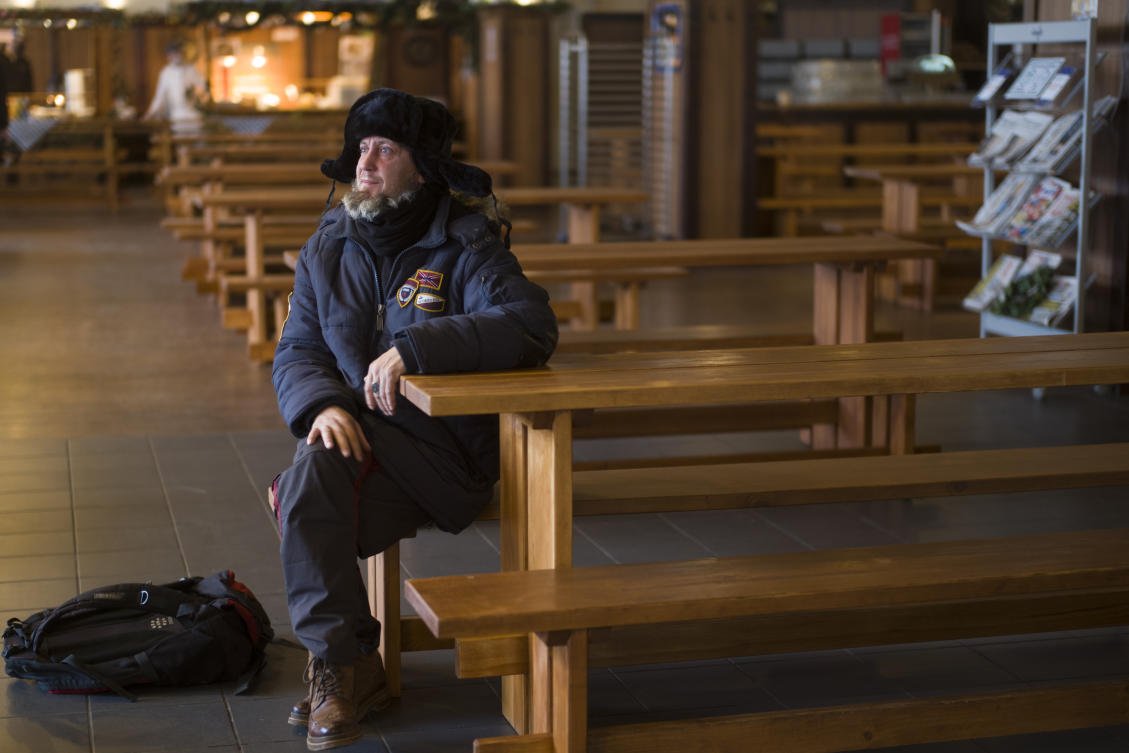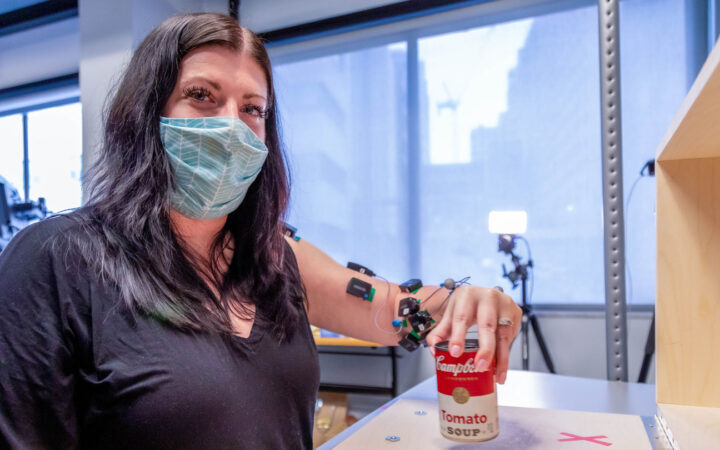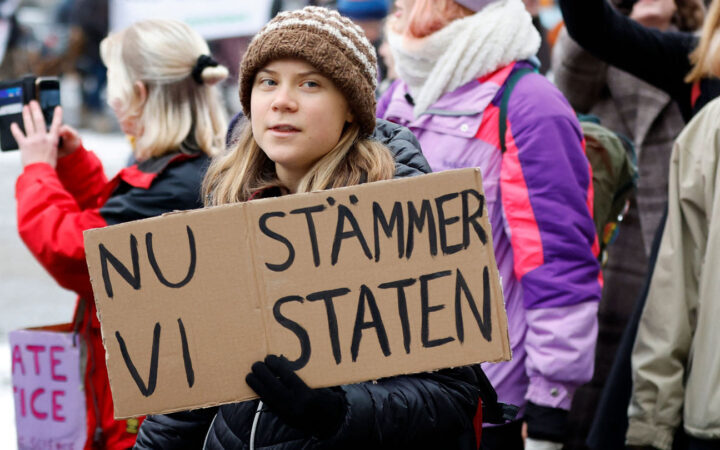
BERLIN: The coronavirus pandemic hasn’t made life on the streets of Berlin any easier for Kaspars Breidaks.
For three months, the 43-year-old Latvian has faced homeless shelters operating at reduced capacity so that people can be kept at a safe distance from one another. And with fewer Berliners going outdoors, it’s much harder to raise money by panhandling or collecting bottles to sell for recycling.
But on a chilly winter morning this week Breidaks found himself with a free hot meal and a place to warm up, after the German capital’s biggest restaurant, the Hofbraeu Berlin — itself closed down due to coronavirus lockdown restrictions — shifted gears to help the homeless.
“Other homeless people at the train station told me about this place,” Breidaks said, removing a furry black hat with long ear flaps as he sat on a bench in the warm, spacious beer hall near Berlin’s landmark Alexanderplatz square. “I came here for hot soup.”
It was a restaurant employee who volunteers at a shelter who proposed opening up the shuttered Bavarian-style beer hall — patterned after the famous Munich establishment of the same name — to the homeless.
It was a clear win-win proposition, said Hofbraeu manager Bjoern Schwarz. As well as helping out the homeless during tough times the city-funded project also gives needed work to employees — and provides the restaurant with welcome income.
In cooperation with the city and two welfare organizations, the restaurant quickly developed a concept to take in up to 150 homeless people in two shifts every day until the end of the winter, and started serving meals on Tuesday.
It’s only a small number compared with the 3,000 restaurant guests, primarily tourists, who would pack the establishment during good times. But the spacious halls have proved perfectly suited to bring in the homeless and give them each plenty of space to avoid infections.
“Normally, during Christmas time, we would have many groups here for Christmas parties and then we’d serve pork knuckles, half a duck or goose … but not at the moment,” said Schwarz. “We’re still doing delivery, but obviously that’s only a drop in the bucket.”
In addition to serving food and non-alcoholic drinks and offering the warmth of indoors, the restaurant provides its bathrooms for the homeless to wash up, and the GEBEWO and Berlin Kaeltehilfe relief groups have workers on hand to provide counseling and new clothes, if needed.
For its new clientele, the restaurant opened a second-floor, wooden-decorated hall, and put up 40 long tables.
“We’ll offer them something different from the regular soup kitchen food — real dishes on porcelain plates, with different sides, we’ll try to offer Christmas-style dishes with lot of flavors,” Schwarz said.
Breidaks came to Germany three months ago looking for work. But he says a promised meat factory job never materialized and he ended up on the streets of Berlin begging for the money needed to replace a stolen passport and buy a bus ticket back home.
He’s one of an estimated 2,000 to 12,000 people who remain homeless in this city of 3.6 million, even after another 34,000 were put up in community shelters, hostels and apartments by social services and private welfare groups.
“The corona pandemic has seriously worsened the situation for homeless people, they live in very precarious conditions,” said Elke Breitenbach, the Berlin state government’s senator for social issues, whose department supports the restaurant-turned-shelter financially.
“They don’t have enough to eat and when it’s cold they must have places to warm up,” Breitenbach added.
On Thursday, the first shivering group that entered the Hofbraeu along with Breidaks were served either Thuringia-style bratwurst with mashed potatoes, sauerkraut and onion sauce, or a vegetarian stew with potatoes, zucchini, bell pepper and carrots. For dessert there was apple strudel with vanilla sauce.
For Breidaks, that was more than he had expected after spending a night with sub-zero temperatures huddled up next to the walls of a big department store on Alexanderplatz.
“All I need is hot soup,” he said. “And, God willing, I will go back home in January.”


 A new treatment could restore some mobility in people paralyzed by strokes
A new treatment could restore some mobility in people paralyzed by strokes  What has Perseverance found in two years on Mars?
What has Perseverance found in two years on Mars?  This robot automatically tucks its limbs to squeeze through spaces
This robot automatically tucks its limbs to squeeze through spaces  Greta Thunberg’s new book urges the world to take climate action now
Greta Thunberg’s new book urges the world to take climate action now  Glassy eyes may help young crustaceans hide from predators in plain sight
Glassy eyes may help young crustaceans hide from predators in plain sight  A chemical imbalance doesn’t explain depression. So what does?
A chemical imbalance doesn’t explain depression. So what does?